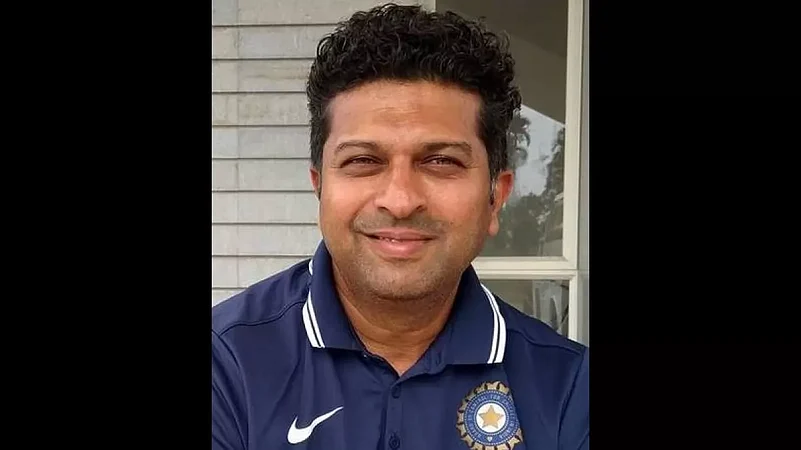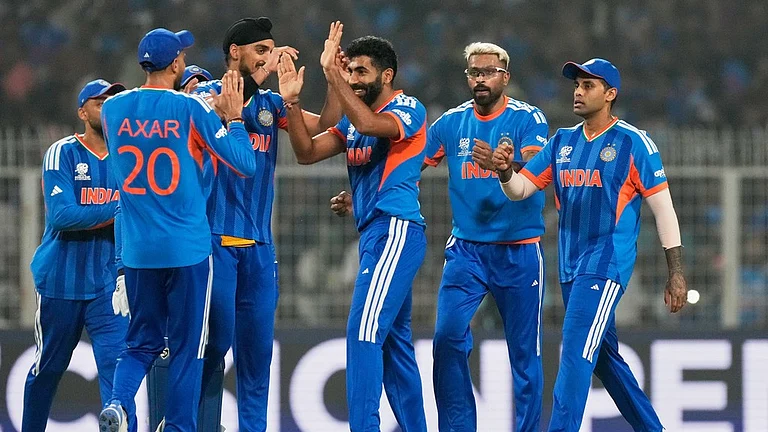Jatin Paranjape is a winner of multiple Ranji Trophies with Mumbai and a former national selector. Currently, he is a member of the CAC (Cricket Advisory Committee) along with Ashok Malhotra and Sulakshana Naik. Paranjape, also a founder of sports aggregator app Khelomore, answered some of the questions raised by Murali Vijay’s statement about over-30 players not getting too many chances in India.
Murali Vijay recently said it was difficult for a player to get chances after 30 in India, save for exceptions like Virat Kohli and Rohit Sharma. What is your response to this, having been a player, selector, and now a CAC member?
I think age is a criteria only in certain situations. You have to work back to front. What is the formation which you require for the team in each format, for example? Where does a 34 or 35-year-old fit in from a value and utility perspective into that ideal formation? So if it’s a no-brainer like a Rohit Sharma or Virat Kohli, or a Cheteshwar Pujara, in red ball cricket, then age doesn’t come into the factor at all. But if you’re looking at a new format like T20, I have always felt that you need what we call digital natives in marketing. I’ve always felt that our T20 team has to be full of T20 natives. Guys like Sanju Samson or Ishan Kishan, when they think of cricket, T20 is what comes to their mind first. The diktats of that format are different to what you need in a Test match.
The second thing you have to look at is the calendar in front of you. In 2023, we have a 50-over World Cup at home. In that situation, a 30-plus player will be of great value because it’s a big tournament. The capacity to absorb that much pressure would come into the equation.
So there is no objective answer to the age question. There are various nuances to it.
So there are certain benefits of age…
Absolutely. Experience, the ability to absorb pressure, the understanding of the game is deeper than what a younger player would have. So I don’t subscribe to this age thing at all.
Are selectors biased towards younger players?
Like I said, the diktats of the format are such that sometimes you have to look at younger players. So for T20, I’m sure the selectors would like to look at younger players.
How do decision-makers find the balance between being fair to older players and building for the future?
It’s dictated by the calendar. There comes a fork in the road after a certain big event when a certain path has to be taken. That’s the job of the selectors and team management to clarify to the player, to make it very seamless and make sure everyone is aligned to it, including the player himself, because he is the biggest stakeholder in it.
Suryakumar Yadav made his debut at age 31. Will he remain in contention a few years down the line, or will his age go against him?
Examples like Surya are the reason I don’t take the age argument too seriously. He is 32, but he is the best player in the world on current form. So you just need to look at a player’s utility and value to the side. Age comes after two, three other filters, I feel.
What does a player do if he feels stuck?
It’s just the unfortunate truth of sport. Today you have someone like a Sarfaraz Khan, who is unable to break into the team. Where will you play him? Certain situations make it tougher on players, but there is nothing you can do about it. That’s sport.






















